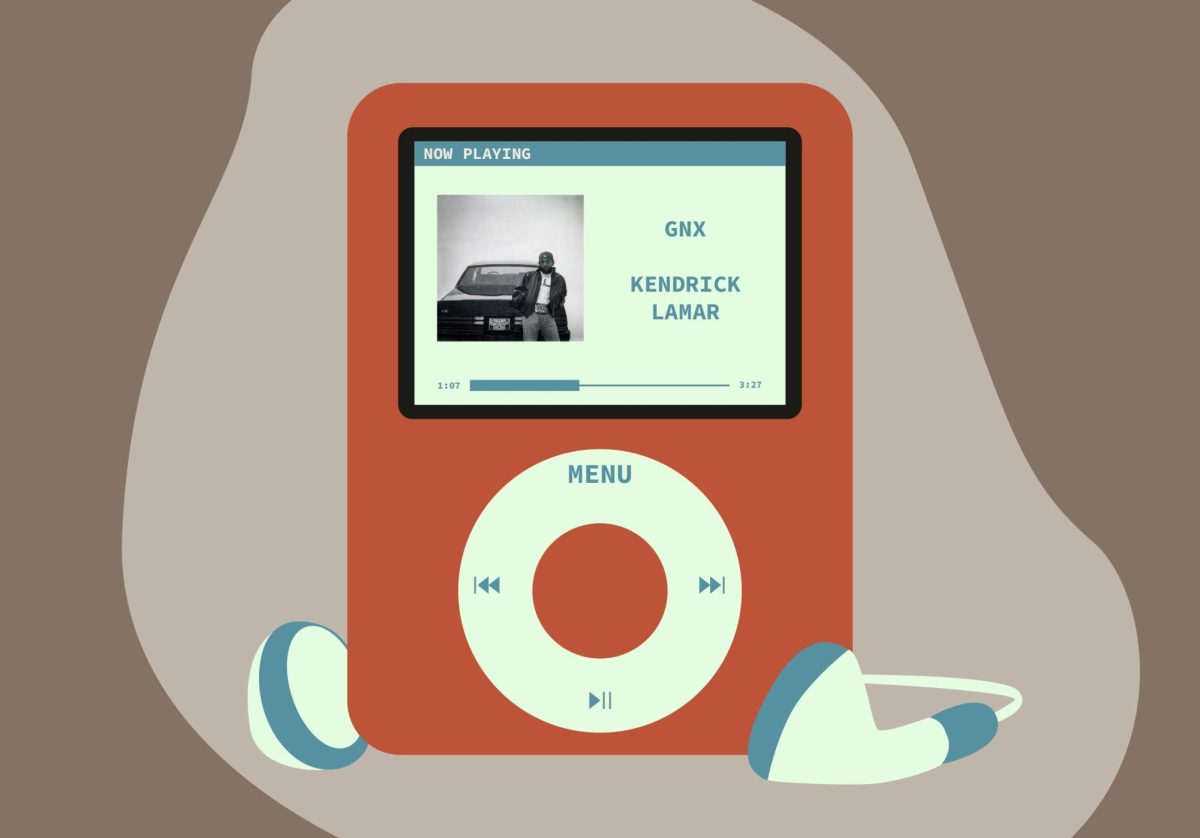With a screech of escalating guitar, the Strokes announce the arrival of their fifth studio album, “Comedown Machine.”
A departure from their previous album, “Angles,” the Strokes strike out in multiple directions.
The tight riffs of “Tap Out” with funky undertones are a fitting opening track for a record that offers a bit of everything.
Their slightly single-minded formula for indie hits was not forgotten. Their success as a group depends on their togetherness, their ability to get deep in the cut and sit confidently on a groove — something well-illustrated on the early part of the album.
On the second track, “All the Time,” drummer Fabrizio Moretti continues his thumping tendencies, laying four on the floor with the same vim and vigor as when he dated Drew Barrymore.
It’s a perfect example of the Strokes’ enthusiasm but lack of guru status on their respective instruments.
The third and fourth tracks continue what is a stellar, if predictable, first dozen minutes of head bobbing.
The weakness lies in their slower numbers on the album. Bouncy. Jumpy tunes are their forte — they ought to know this by now.
The titular track, “80’s Comedown Machine,” is a slower-tempo, melancholy piece that highlights the normally fitting wailing of lead-singer Julian Casablancas.
That’s not a good thing. Normally his voice is offset by the tenacity of their beats; when the instrumentals don’t do this, the song suffers. Worst of all, his vocals are so wispy at times that his lyrics are almost indecipherable.
“80’s Comedown Machine” does serve to notify listeners that the album is influenced by ’80s radio and popular music.
However, for a track the band deemed important enough to lend its name to the album, it falls flat and is one of the biggest detractors.
“Call It Fate, Call It Karma” is another song that sticks out like a sore hitchhiker’s thumb. As the last track, it leaves a funny taste in your mouth. It’s a piano-bar track befitting a slow weekday night at some local watering hole in a depressing ghost town.
As a whole, the album is still a positive sign for the Strokes. They are trying newer things while maintaining their obvious “Strokiness” — picking up this album, there is little doubt as to the performers in question.
The Strokes have realized that altering their sound while maintaining their core is the key to staying viable. Unfortunately, they haven’t quite yet figured out the best way to do this.
2 out of 4 stars













